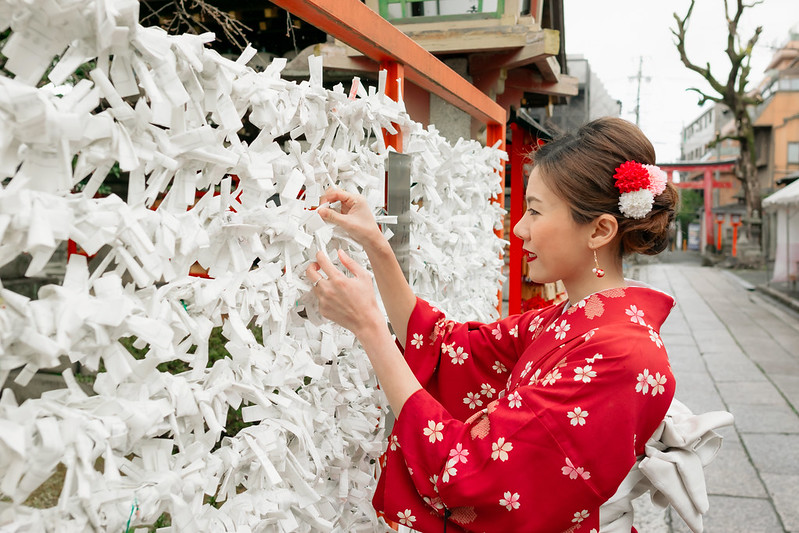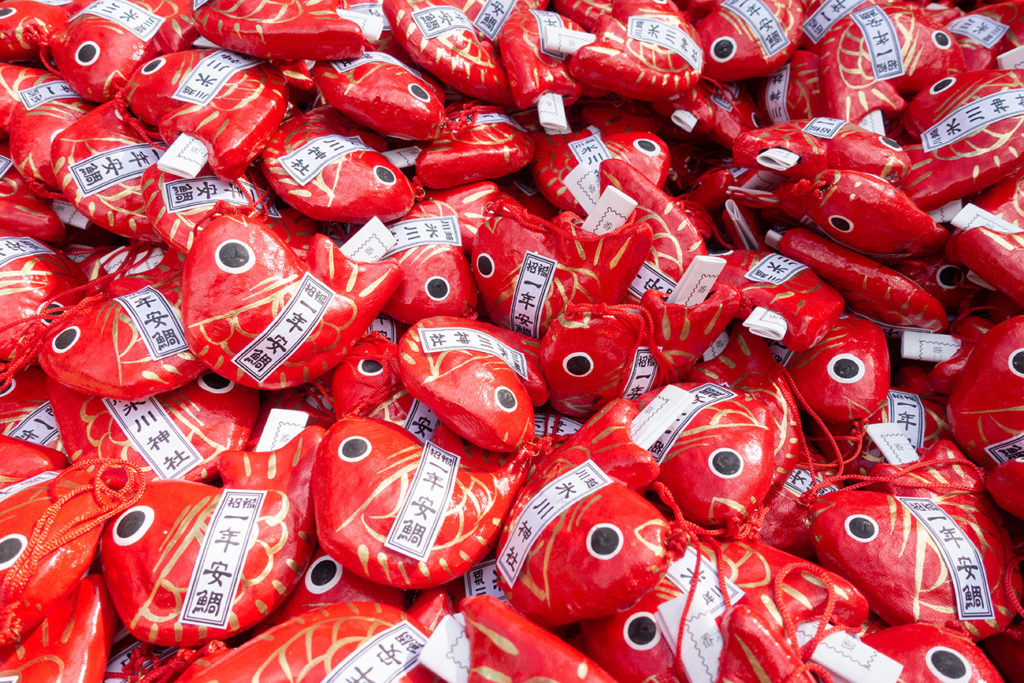
Japanese Superstitions and O-mikuji
Japanese superstitions are deeply rooted in the history and culture of the people. These beliefs are meant to serve as lessons and practical advice for everyday life.
Some common superstitions in Japan have been adapted for Japanese culture from other countries. Japan shares many superstitious beliefs with other Asian countries, especially the Chinese, with whom they share close historical ties. Common superstitions are related to numbers and objects that may hold various symbolic meanings. Pagan and animist culture is also a large part of Japan’s ancient superstitious beliefs: animals are depicted as bringers of good or bad fortunes.
The Japanese are also religious, and many lucky charms (engimono) represent wishes for good luck in harvest, business, health, love, and the like. Many engimono have been passed down over the years. Engimono make popular souvenirs or gift items from a particular area of Japan. One such lucky charm is O-mikuji.
O-mikuji are paper fortunes sold at most Japanese temples and shrines. About half of the o-mikuji predict bad fortune. It is customary to leave the fortune behind by tying it at a designated spot at the temple or shrine. If you receive a good luck paper fortune, you should keep it.
O-mikuji has nearly a thousand-year-old history. It began in ancient times when people drew lots to receive divine messages about everyday concerns such as predicting a particular political outcome. O-mukuji has evolved into a means for predicting the fortunes of people and their love life, education, travel, business, work, and health.
O-mikuji costs about 100 to 200 yen and is available in several languages. To receive o-mikuji, you use a cylindrical or square pillar box plus long thin sticks (Mikuji-bo) to shake and draw the paper fortunes. Vending machines that dispense o-mikuji are fast becoming very popular as well.
Whatever fortune awaits you, o-mikuji is a wonderful way to experience Japanese culture and traditions.


